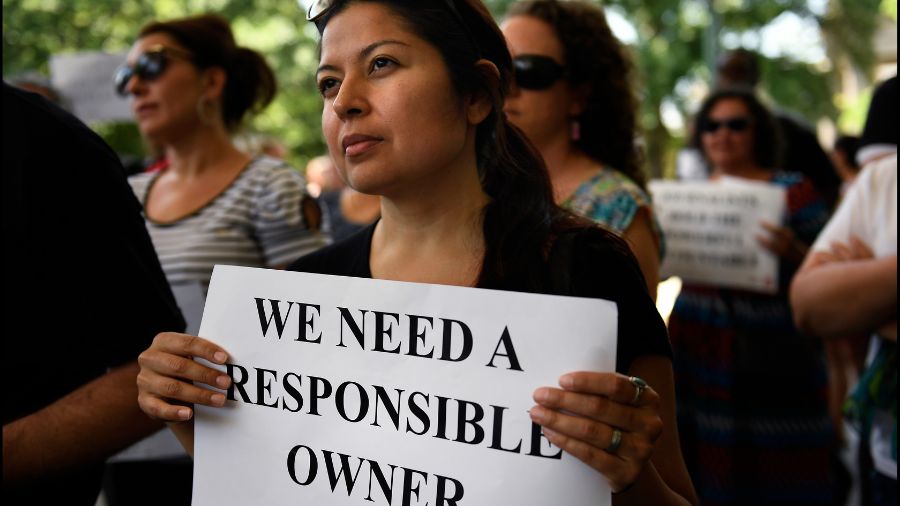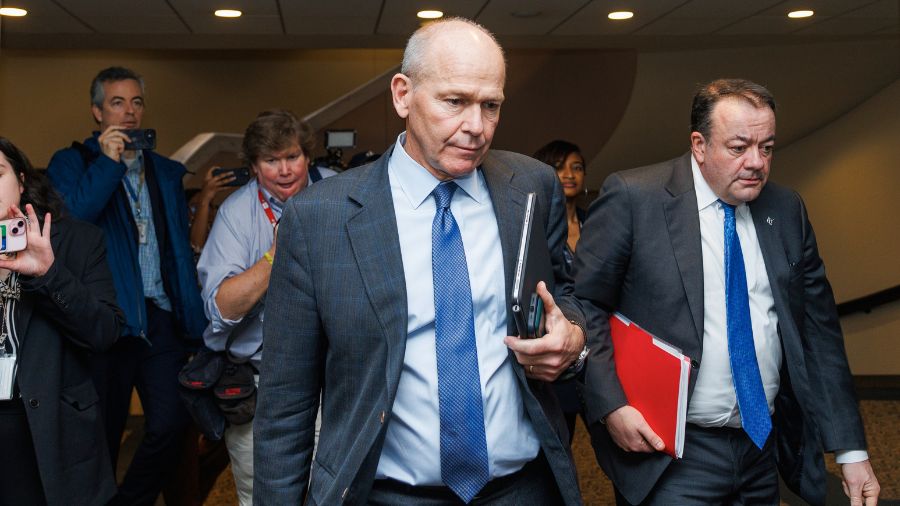Vaccine mandate here to stay for state employees, according to Gov. Inslee
Jul 20, 2022, 5:35 PM

(Photo by JASON REDMOND/AFP via Getty Images)
(Photo by JASON REDMOND/AFP via Getty Images)
Governor Jay Inslee announced the vaccine mandate for state employees will stay alongside the state of emergency Washington is currently under during a press conference addressing the state’s biggest current issues.
“We think that makes sense to save people. It’s just such a heartbreak when you lose a good state employee. I just felt it was the right thing as a manager to keep a safe workplace and keep people safe,” Inslee said at his press conference. “So that will be retained after the declaration of emergency leaves. And we have the authority to do that as the employer. We’re just an employer like anyone else.”
Inslee mentioned how often this decision has been challenged, claiming he’s been told it’s unconstitutional “a thousand times by certain people on radio.”
Inslee, GOP spar over push to breach Snake River dams as endangered salmon populations decline
“We’ve won 42 lawsuits in a row on the actions we’ve taken,” Inslee said. “I’m confident that this is within our authority.”
Inslee’s speech came a few days after the official launch of the 988 program, a nationwide initiative with a grand plan to build a hotline that will eventually connect to a robust behavioral health system and provide next-day crisis appointments and support families with resources and treatment options.
“We have thousands of Washingtonians who need better behavioral health care, and we intend to provide it is a great step forward,” Inslee said. “Last year, it set us on the course to develop new technologies that will allow us to correct connect directly to services, and improve equity to access to those critical services as well. It’s going to take some time to put those all those pieces in place, but I do believe that this system is going to be a game changer when it comes to people in crisis in our state.”
His conference also provided an update on the ongoing homeless crisis throughout the state, and the numerous plans to address it both short and long term.
“We’ve worked with several local governments and nonprofits to help people move out from four sites, this is just the beginning of a long project. I want to note how significant this is just in the sites that we’ve done so far, which is just the beginning,” Inslee said. “We’ve removed over 40 tons of trash, just just from these several sites, over 100 propane tanks from one site. These are substantial problems that need correction. And I’m glad that we’re moving forward as rapidly as humanly possible.”
Inslee also took aim at local zoning restrictions that prevent the construction of housing such as duplexes, fourplexes, townhomes, and courtyard apartments in many neighborhoods, including in parts of Seattle.
Inslee: We are going to fight to keep Washington a pro-choice state
“We have zoning laws in our state that make it impossible for us to build enough housing for people and what do you get, you get a housing and homelessness crisis. So we’re going to be working with folks in legislature, we’re going to have some meetings with the Washington State cities. And we’re going to have to get some help from the legislature we didn’t last year. And so we’re going to have to put pedal to the metal in the next session of the legislature. If people want to reduce homelessness, people need to get behind this effort to give us a place to build housing. And that’s, I believe, a moral responsibility of us in the state of Washington.”
Earlier this year, Inslee said these kinds of local zoning restrictions are fueling an affordable housing crisis throughout the state — a problem that requires immediate statewide action to solve.
“You can’t build housing if you have nowhere to build it,” Inslee said at a press conference Jan. 27. “These artificial restrictions now take off sometimes 80%, 85% of the land where you can build middle housing — housing for teachers, firefighters, truck drivers — housing for our children, who otherwise can’t afford a place to live in a city.”













